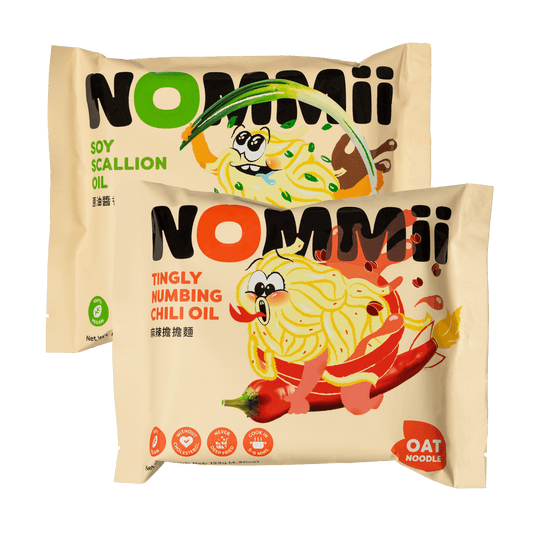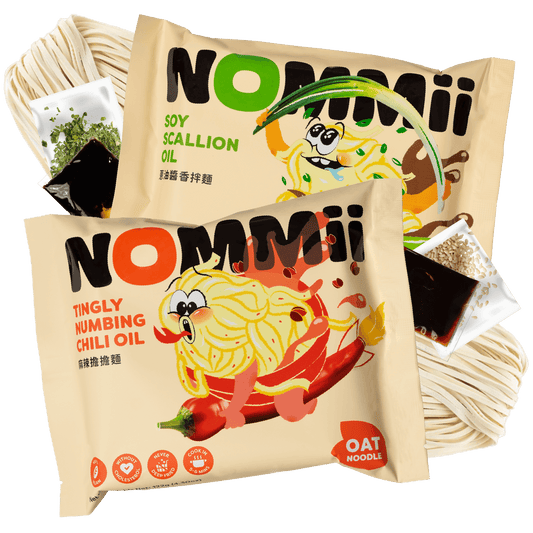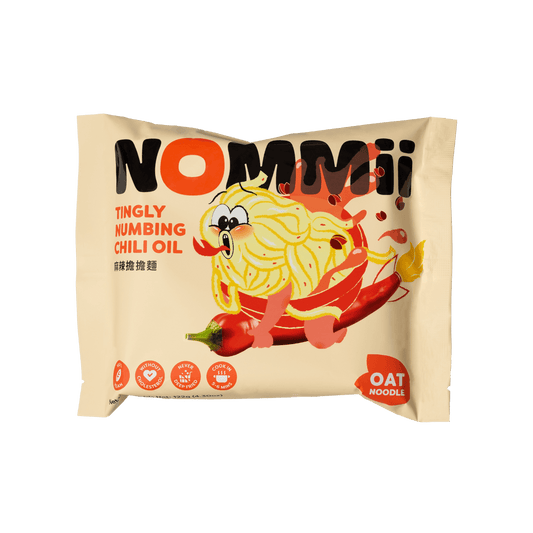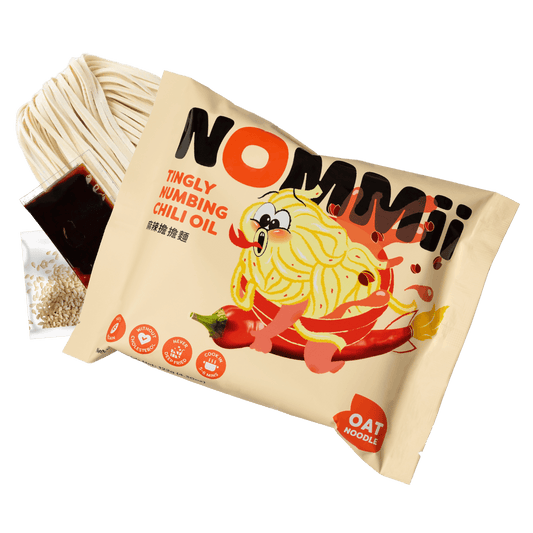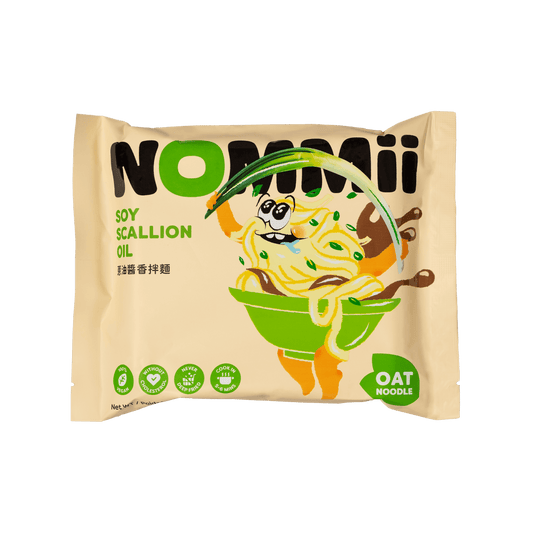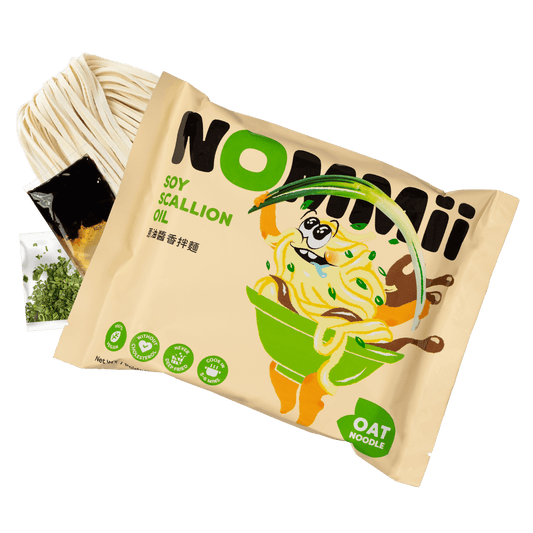
MSG: WHAT'S THE BIG DEAL ANYWAY?
Monosodium glutamate (MSG) is a widely used flavor enhancer that brings out the savory umami taste in foods. This natural ingredient has been a staple in kitchens worldwide, adding depth to dishes from soups to snacks and meals, used by professionals to home cooks. Yet, there are many that are still against consuming MSG or retailers from stocking products that contain MSG due to myths that are commonly debunked.
WHAT IS MSG?
MSG is a sodium salt of glutamic acid, an amino acid found naturally in many foods like tomatoes, cheese, mushrooms, and seaweed. It enhances the umami flavor, one of the five basic tastes, adding a savory note that elevates the overall flavor profile of dishes.
IS MSG ARTIFICIAL?
Despite common misconceptions, MSG is not an artificial additive. Glutamates occur naturally in many foods, and MSG itself is produced through a fermentation process similar to that used for yogurt or soy sauce, often from sources like sugar beets or seaweed / kombu.
COMPOSITION OF MSG
MSG can be extracted from many sources, including seaweed, fermenting starches like sugar beets, and even mushrooms. These methods are efficient and natural, producing a pure, food-grade product that is widely used in cooking.
THE SCIENCE BEHIND THE FLAVOR
Umami is often referred to as the fifth taste, sitting alongside sweet, salty, sour, and bitter. Chefs and food scientists agree that MSG is one of the most effective ways to bring out this savory depth in dishes. Chef Heston Blumenthal, known for his scientific approach to cooking, dismisses the negative perceptions, saying, "The biggest old wives’ tale is that MSG is bad for you. That is complete and utter nonsense." In fact, we have also done extensive food development with and without MSG and the common result of the versions without MSG are always "it's missing something". Many food developers have used other forms to replace the umami-ness, using ingredients like mushroom or seaweed powder, which are known as the antecedent form of MSG.
HEALTH AND SAFETY OF MSG
MSG has been deemed safe for consumption by health authorities, including the FDA, which classifies it as "Generally Recognized As Safe" (GRAS). Extensive scientific research supports its safety, and it's used in food products globally without issue.
CONTROVERSY AND MISCONCEPTIONS
MSG has been surrounded by myths, particularly the notion that it causes headaches or other adverse effects. However, extensive research has debunked these claims, showing no consistent evidence linking MSG to health issues. In fact, MSG occurs naturally in many foods, further supporting its safety and natural origin.
CONCLUSION
MSG is a natural and safe ingredient that enhances the umami flavor in a wide range of dishes. Backed by scientific research and health authorities like the FDA, MSG continues to be an essential part of culinary practices worldwide.

